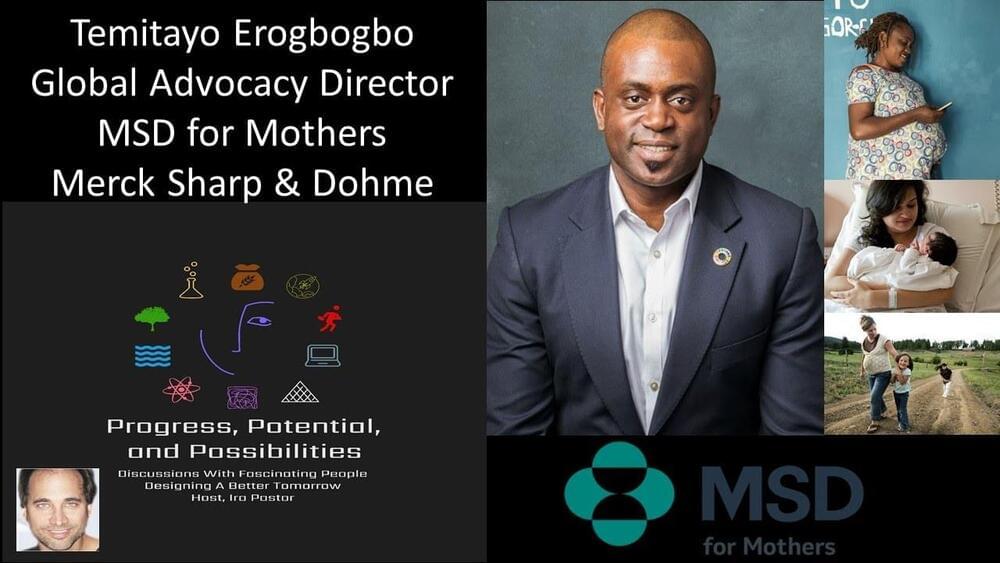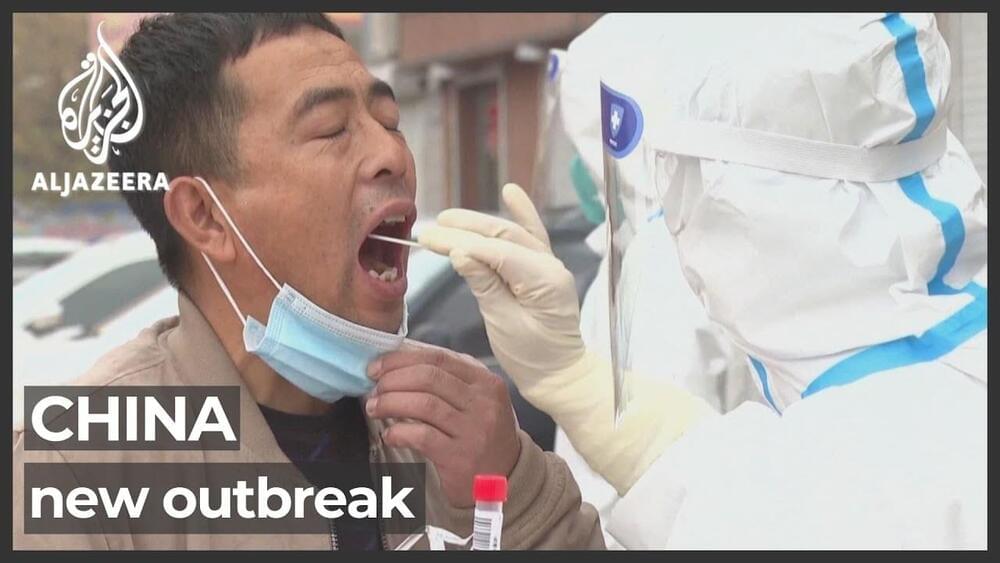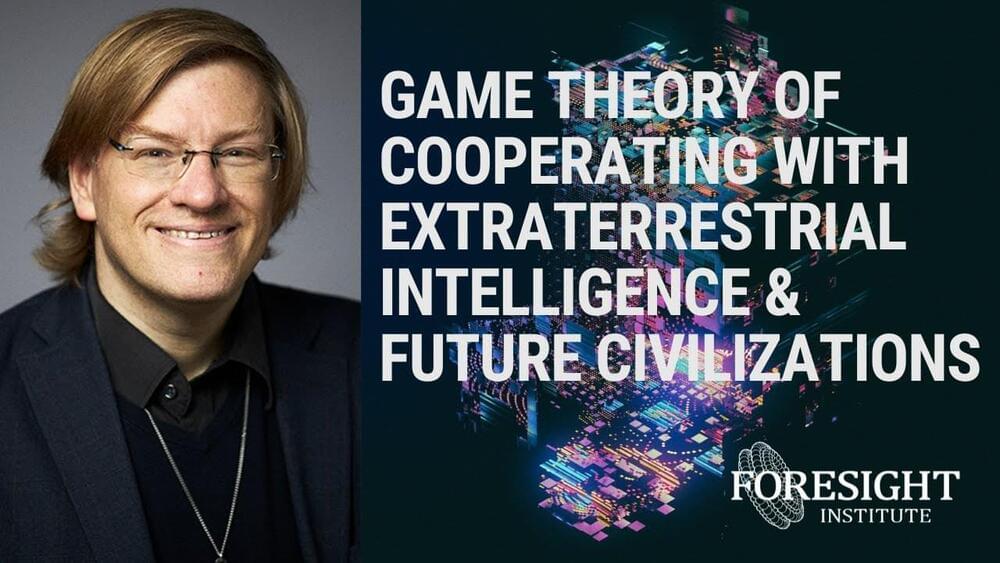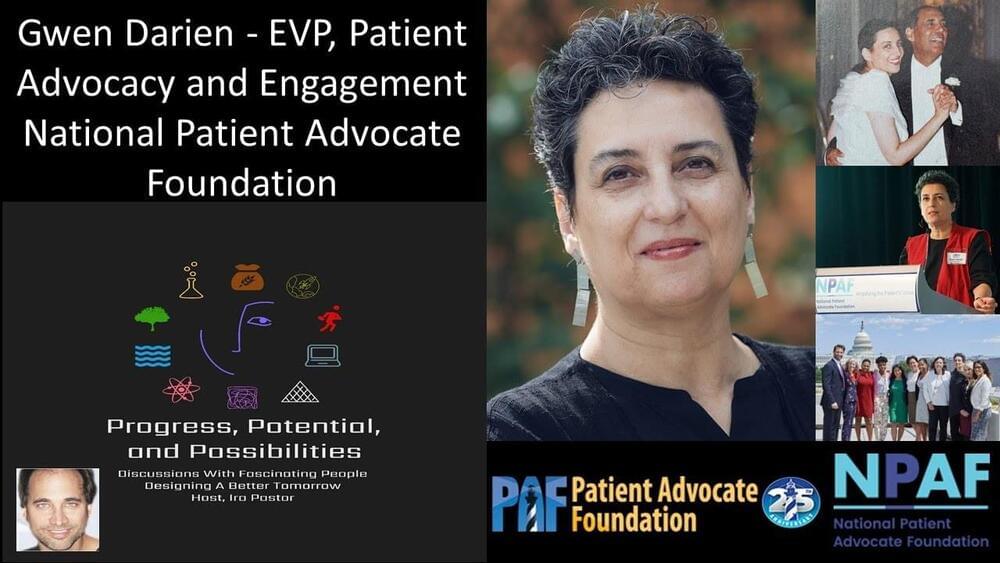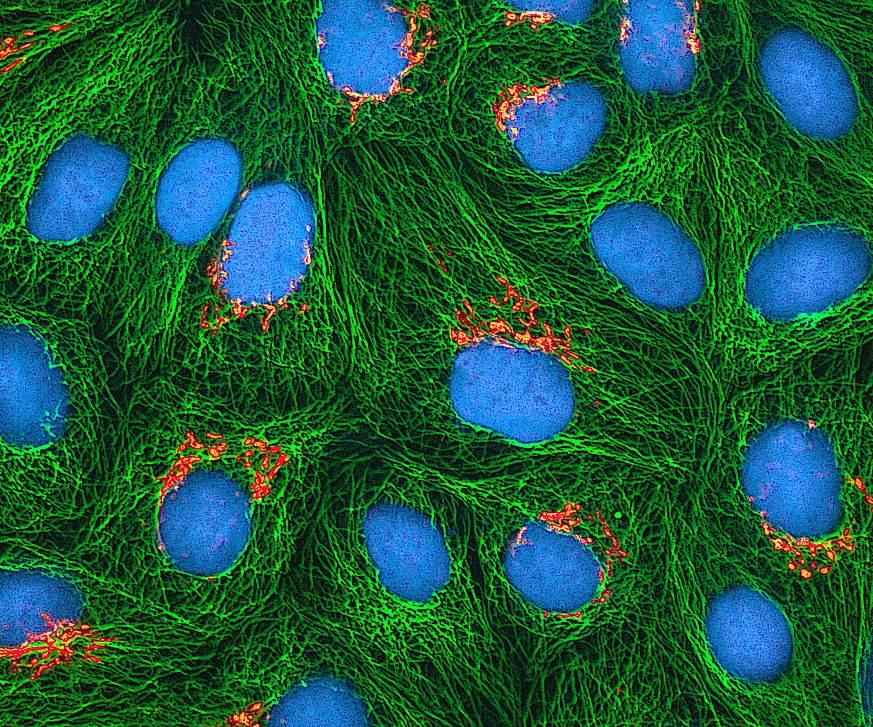Creating a world where no woman has to die giving life — temitayo erogbogbo, global advocacy director, MSD for mothers, merck sharp & dohme.
Mr. Temitayo (Tayo) Erogbogbo, is Global Advocacy Director of MSD for Mothers (https://www.msdformothers.com/), at Merck Sharp & Dohme.
Tayo has two decades of combined private sector and international development experience, 13 years of which was spent in the pharmaceutical industry in multiple roles across community relations, government affairs, marketing and sales.
As the Global Advocacy Director of MSD for Mothers, Tayo is responsible for global and national strategic partnerships and programs to bring about policies and practice changes to improve maternal health care, and strengthen health systems, particularly where private sector approaches can be leveraged for greater impact.
Prior to MSD for Mothers, Tayo led the establishment of an adolescents and youth constituency at The Partnership for Maternal, Newborn and Child Health (PMNCH), a multi-constituency partnership hosted by the World Health Organization, to advocate for better sexual, reproductive, maternal, newborn, child, and adolescent health policies and services at global, regional, and national levels. Additionally, he contributed to the development of the Global Strategy for Women’s, Children’s, and Adolescents’ Health 2016–2030.
Previously, in collaboration with multi-sectoral partners in Nigeria, he contributed to the passage of the National Health Bill, the development of the National Gender Policy Guidelines and the passage of Violence Against Person’s Prohibition in support of gender equality. Tayo also spearheaded Abbott’s HIV patient relations function within Europe, developing services to support people living with HIV by partnering with community organizations. He advocated for anti-retroviral drug access across Africa and developed a health care professional (HCP) train-the-trainer program that has educated over 3,000 HCPs.
Tayo earned a BSc in Management Sciences from Loughborough University, and a MSc in Information Technology for Management from Coventry University.
Tayo is also an elite athlete in the Triple Jump with a Bronze medal at the European U23 Championships.
